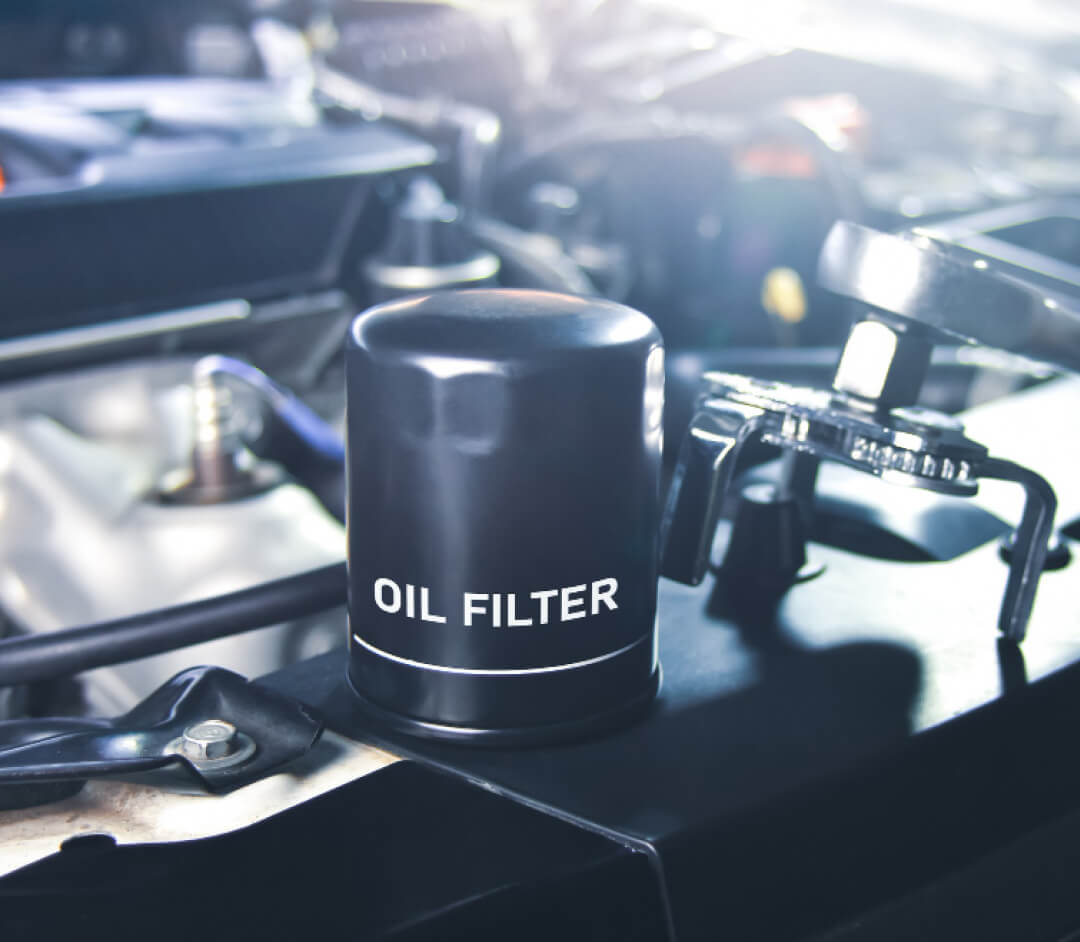Diesel particulate filters are an important feature of modern diesel vehicles. That’s why we offer affordable DPF replacements. Get your free quote today!
Local DPF Replacement Specialists
How Much Does a DPF Replacement Cost?
A DPF replacement typically costs between $1000 and $3000.
Factors that affect the cost include:
- Type of Vehicle: The make and model of your vehicle play a significant role in the cost. Luxury or commercial vehicles usually have more expensive DPFs.
- Quality of the DPF: There are various grades of DPFs available, from OEM (Original Equipment Manufacturer) to aftermarket options. OEM parts are generally more expensive.
- Labour Costs: The complexity of the installation process can affect labour costs. Some vehicles require more labor-intensive procedures to replace the DPF.
- Additional Repairs: Sometimes, other parts of the exhaust system may need repair or replacement, which can add to the total cost.
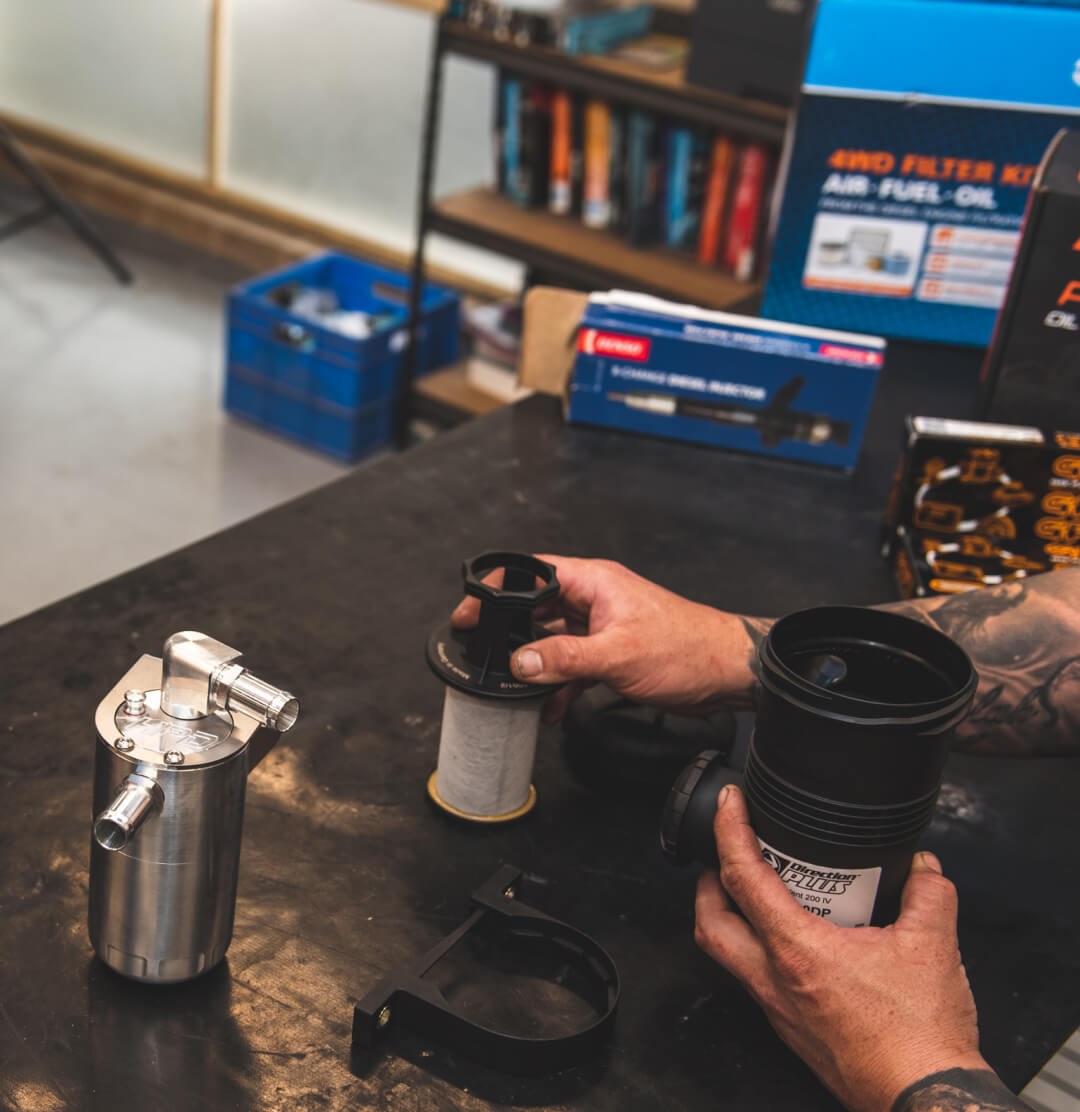
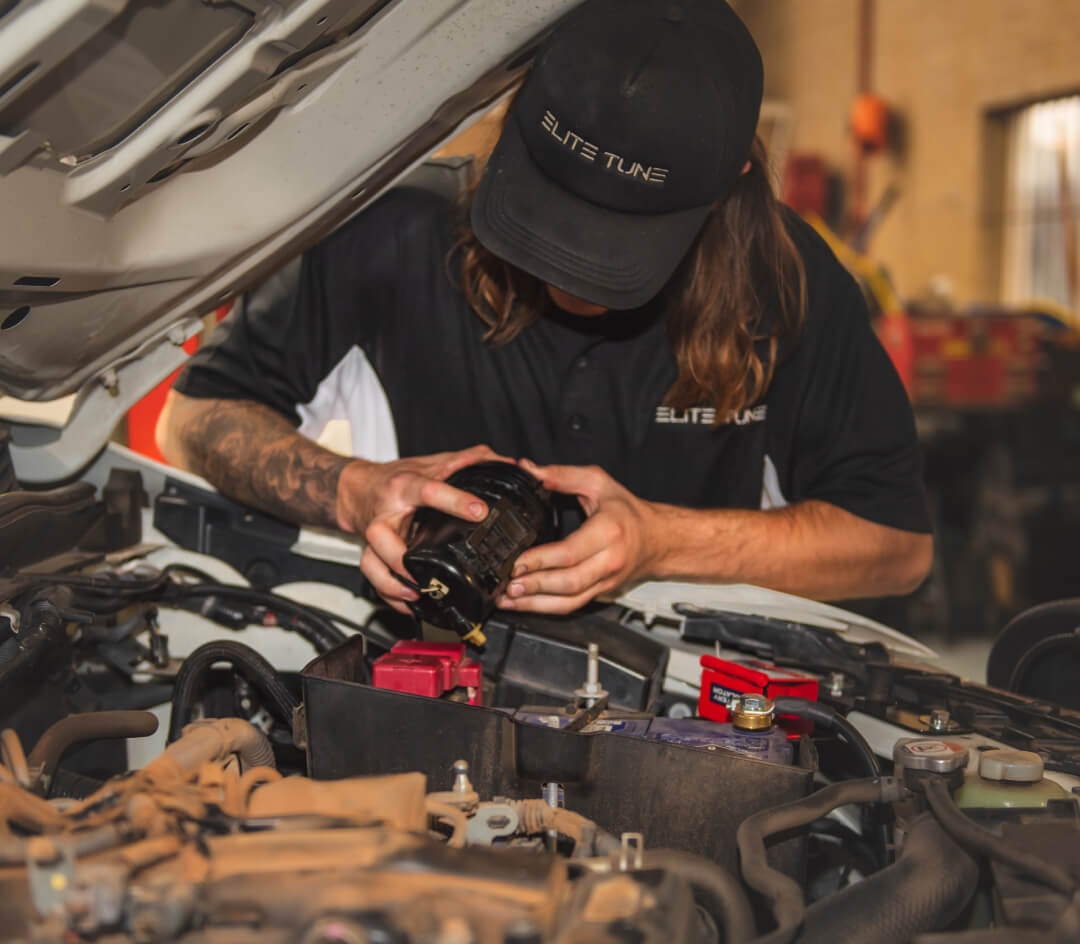
What Does It Do?
A DPF controls the number of polluting emissions that a diesel vehicle produces. So, how does it do this? Here’s a quick breakdown of the process.
- Before reaching the filter, air passes through a catalyst chamber.
- The catalyst oxidizes the air before it’s allowed to pass through to the filter.
- The inlet cells on the DPF are plugged at one end.
- That plug forces the air to pass through a porous wall.
- The porous wall allows clean air to exit through the outlet cells.
- Soot and other potentially polluting materials are left behind on the filter.
- Eventually, the build up of material will cause pressure and the DPF will begin its regeneration process.
What Vehicles Have A DPF?
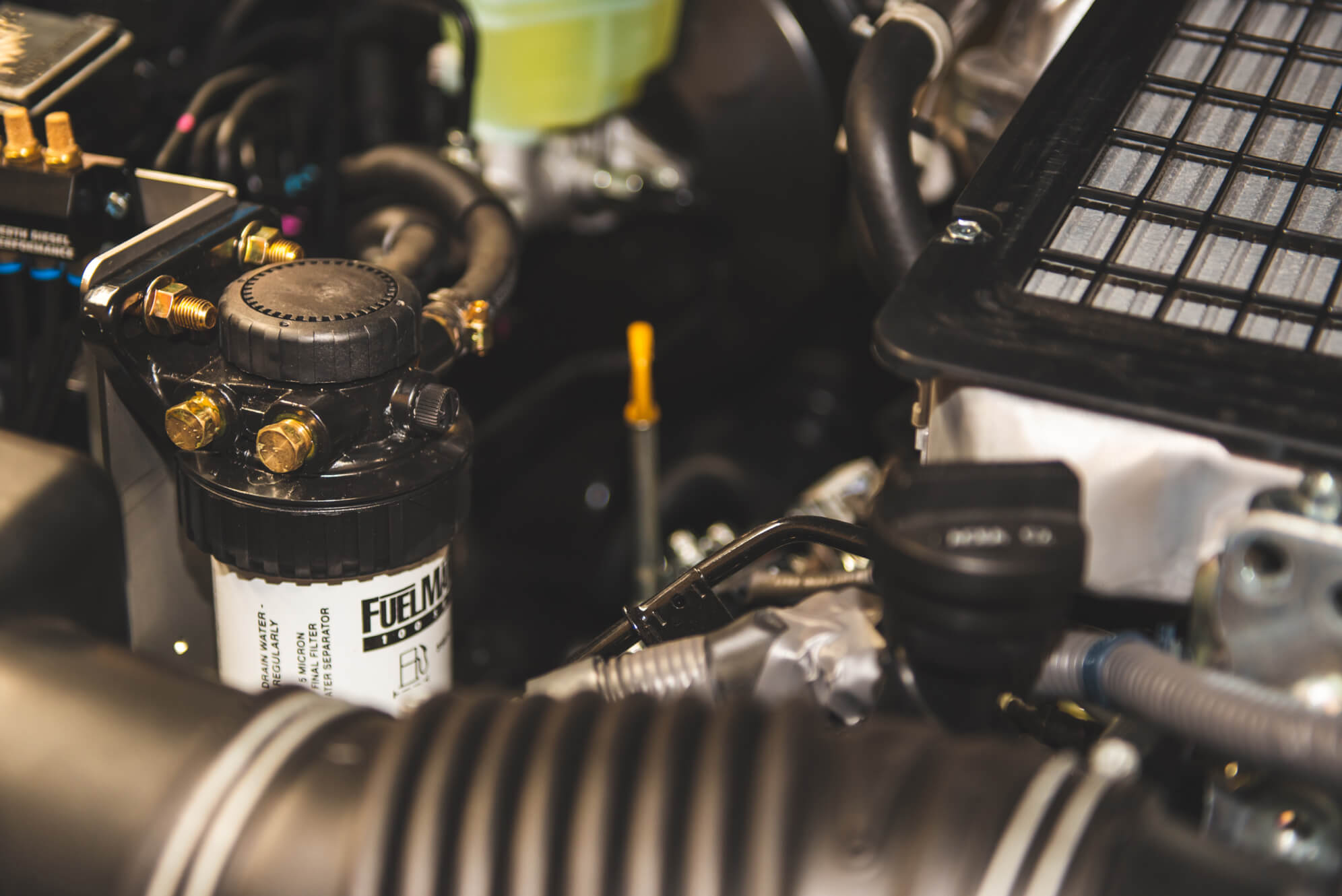
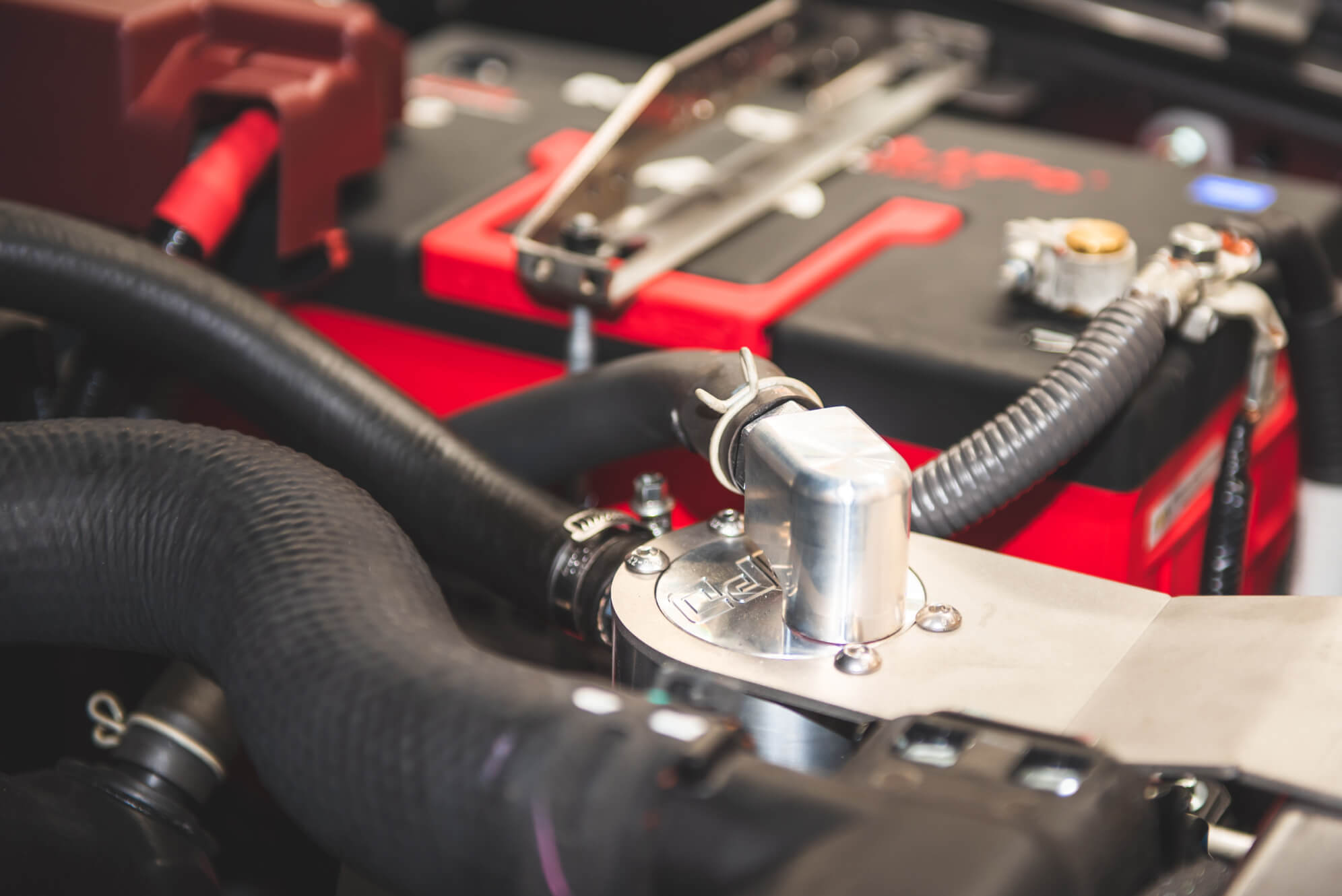
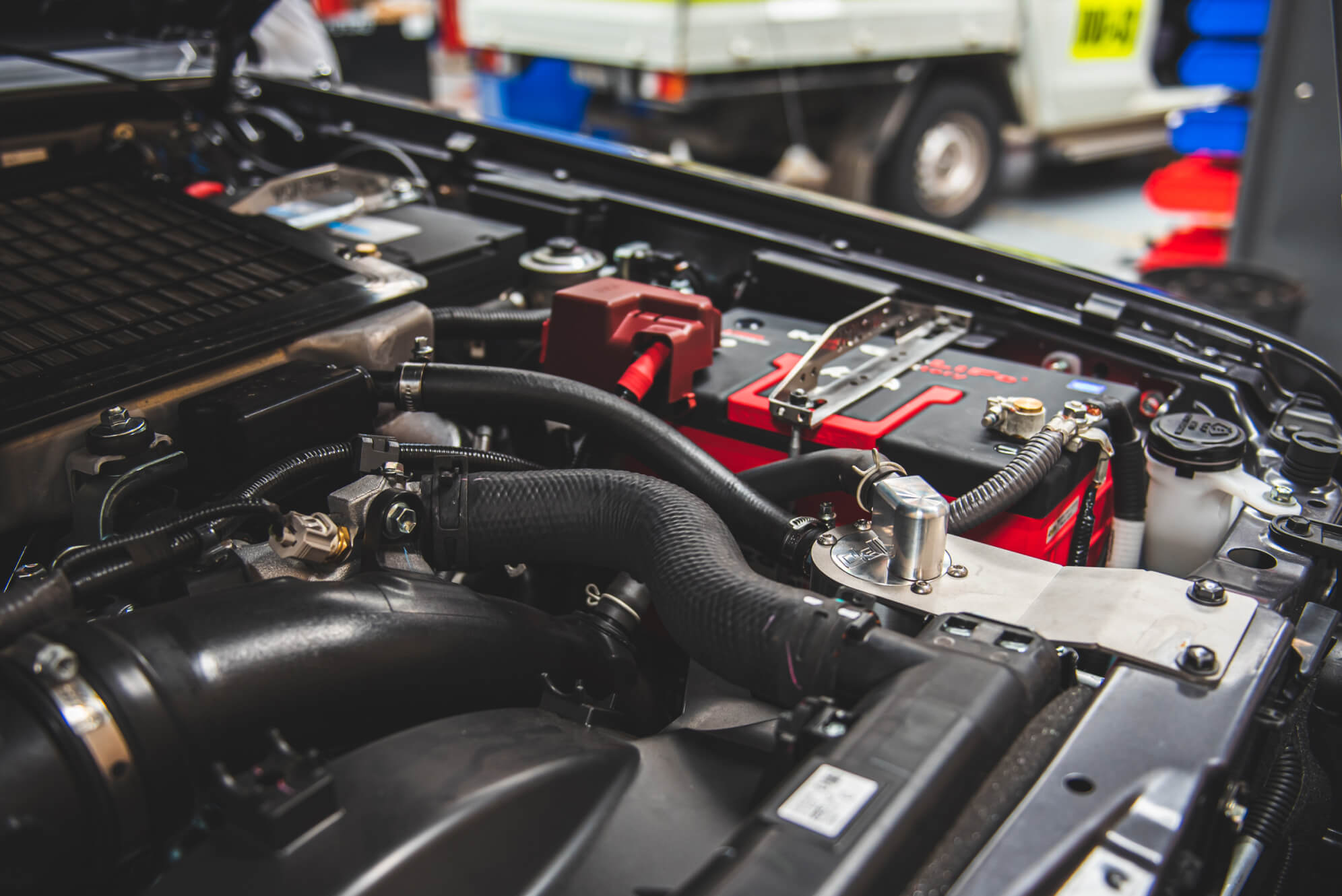
Since 2009, new diesel vehicles have all been equipped with DPFs. In general, it’s safe to assume that if you have a diesel vehicle built after 2009 you have a DPF. The device is also found in some older models, so having a pre-2009 doesn’t necessarily mean that you don’t have the filter.
One way to check if your vehicle is DPF compliant is to look for your manufacturer’s sticker. It should have a helpline number you can call for detailed information about your particular model.
If you can’t find the number, you can bring your vehicle to Elite Tune and have it checked for a DPF.
What Will Happen if It Is Blocked?
Over time as the diesel particulate filter collects debris, it won’t be able to keep itself clean. This could lead to a blockage, which prevents gas from flowing through the exhaust system the way it’s meant to.
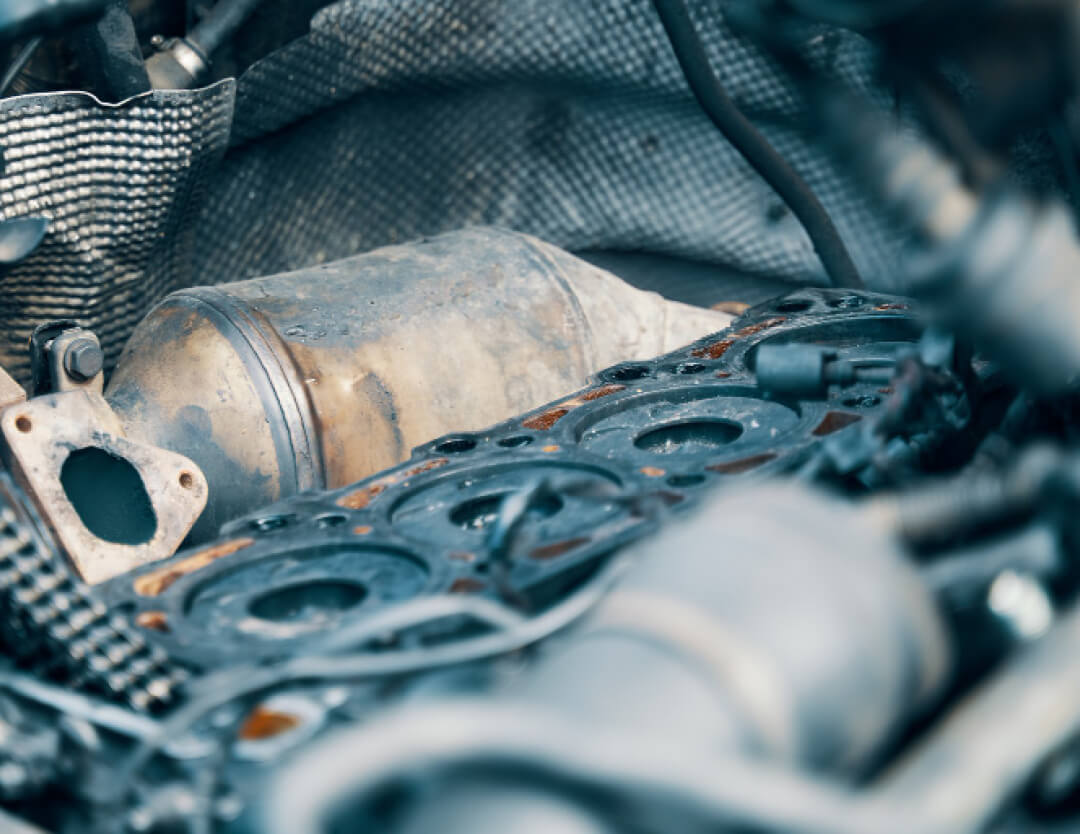
This can also cause the oil that’s still in your system to carbonise, which essentially means it’ll turn into a charcoal-like substance. That can be very dangerous for your engine, and may even cause your vehicle to lose speed. At that point, you won’t be able to drive it normally until the issue is addressed.
Some signs that your DPF is blocked include:
- Using up more fuel than usual.
- Noticing a strange smell coming from the engine.
- The car doesn’t feel as powerful, or loses speed.
If you notice any of these signs, or if your DPF light comes on, it’s time for a replacement.
Answering Your Common Questions
What is a Diesel Particulate Filter (DPF)?
A diesel particulate filter is a device that removes diesel matter from the exhaust that a diesel-powered vehicle produces. DPFs are usually made from cordierite, silicon carbide, ceramic fibres, metal fibres, or paper fibres.
The diesel particulate filter has been a standard part of diesel vehicles since 2009 when the Euro 5 emissions regulations went into effect. These regulations aim to lower the amount of carbon dioxide, nitrogen oxides, and particulates found in the air.
Those emissions, known as the big three, are all cancer-causing. They're also known to affect the natural environment, so it's easy to see why diesel particulate filters needed to be created to help prevent their spread.
Because they're so effective at preventing diesel pollution, DPFs are legally required in many places including Perth.
Does a Blocked DPF Damage the Engine?
Yes, a blocked DPF can damage your engine. This is because a blocked DPF prevents gases from venting normally. This can lead to loss of engine power, increased fuel consumption, and the possibility of mechanical malfunctions that can seriously damage your engine. If you begin having trouble starting your vehicle, notice a strange smell when the engine is running, or detect other abnormalities, you should take your car to your technician. The longer the DPF remains blocked, the more serious the issue can become. That's why it's important to have your DPF cleaned regularly by a professional. Your technician can help you determine how often you should be coming in, based on your vehicle type and driving habits.
How Do You Keep Your DPF Healthy?
To ensure that your DPF lasts for as long as possible, you should do the following.
- Put the right type of oil in your vehicle. This will help lessen the amount of diesel particulates your vehicle creates. If you aren't sure what type to buy, ask your technician or check the manufacturer's recommendations.
- Try to drive the vehicle above 40mph for at least fifteen minutes a week. This gives the DPF the time it needs to heat up and begin removing soot.
- Mix up your drives. Driving in slow traffic doesn't allow your DPF to heat up properly. If you regularly drive in heavy traffic try to do some long-distance, open road driving occasionally.
- Have your DPF inspected by your technician regularly.
- Take the vehicle in immediately if you notice any of the signs of a blocked DPF.
How Long Does a DPF Last For?
How long a DPF lasts depends on a variety of factors. Those include how often you clean the filter, how much drive time your vehicle gets, and what type of vehicle you drive. With that in mind, a general estimate is that the DPF will need to be replaced every 160,934.4 kilometres, or 100,000 miles. In many vehicles, a warning light will appear on your dash to let you know when your DPF needs cleaning or replacing. Check your owner's manual to see if this is the case for your vehicle.
Get In touch with us
If you need 4×4 servicing, tuning, or modifications, we’re happy to help. Leave your details below and we’ll be in touch shortly.
